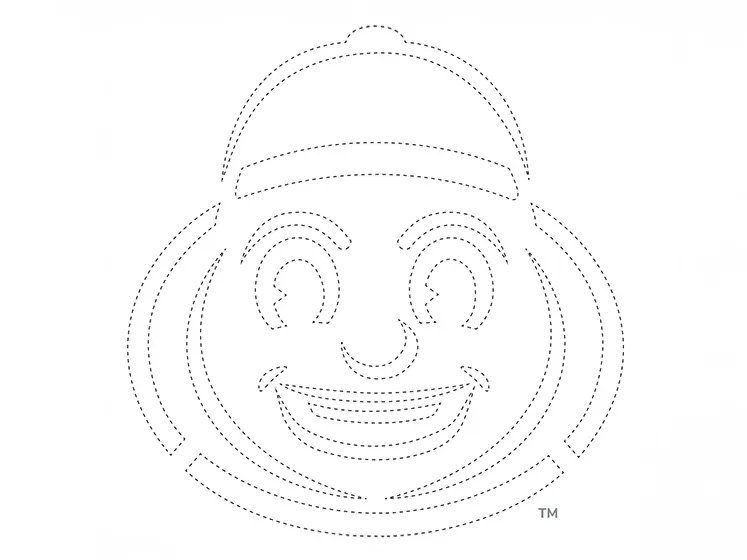‘Stressed out’ is no way to live
Managing tension will save your day — and your heart.

(Photo from Getty Images)
Stress is a normal physiological response to exciting, challenging or unexpected events. We all face stressors every day: busy schedules, relationship problems, traffic jams and even positive challenges such as a new job assignment.
During a stressful event, our bodies release a rush of adrenaline and cortisol into the bloodstream to ignite our “fight or flight” systems. These hormones help us react quickly in response to stress by spiking our blood pressure, elevating our blood sugar, and increasing our heart rate and blood pressure.
While being in such a state is good for addressing the source of our stress, too much of it can have negative effects on our bodies and minds. Prolonged increases in adrenaline and cortisol levels are linked to a multitude of serious health problems, including heart attack, stroke, high blood pressure, depression, anxiety, immune system suppression, memory loss and weight gain.
If you’re feeling stressed regularly or for prolonged periods, it’s time to take stock and take action to safeguard your health. The good news is that relieving your stress and minimizing its effects on your well-being takes just a few steps each day. The results are worth it.
Start a journal. Keep track of stress symptoms you’re experiencing daily, such as anxiety, irritability, trouble sleeping or concentrating, or habits like nail biting or overeating. Make a list of what might be causing you the most stress and ways you might reduce or avoid that stressor. Sometimes a counterintuitive answer is best; you might choose a route to work that takes longer but is less stressful to drive. Setting aside a little extra time to identify and avoid stress triggers is worth it! Journaling about stressful events also can help release tension.
Positive thinking: Even if you can’t control the events that trigger stress, you can control your response to them, beginning with your thoughts. How you think affects how you feel and how you behave. With awareness and practice, you can start to recognize patterns of negative thinking and replace them with positive thoughts. That, in turn, will change your behavior and how you feel. For instance, as you start paying attention to how you feel, you might notice that interacting with a particular co-worker causes you stress. Perhaps when you see him you automatically think, “Oh no, it’s going to be trouble!” Once you’ve identified this trigger, you can decide ahead of time to tell yourself, “I can handle this interaction well.” Reading a positive book just five minutes every morning also can ward off negativity during the day. The result: less stress, happier you.
Physical activity: Any activity such as running, walking, swimming or yoga is great for reducing cortisol buildup. If you’re short on time, stretch your muscles with a resistance band for a few minutes, go for a short walk or learn a few simple yoga postures you can do anywhere.
Stay in the present moment. Worry about the future and guilt about things in the past can cause stress. Learn to stay in the present moment by chewing a piece of gum and counting the number of chews it takes before the gum runs out of flavor. The book The Present by Spencer Johnson is a great quick read that teaches the value of learning to live in the present moment.
Meditation can calm your mind and ease anxious, negative thoughts. Even a few minutes of visualizing a calm environment can release tension. You can find apps and recordings that guide you through meditations of varying lengths, too.
Proprioceptive (body awareness) techniques are calming, too. Try leaning against a wall, or simply pressing your palms together. These moves give your mind a reassuring sense of where your body is positioned in space.
Sleep: Get at least seven hours a night to refresh your mind and allow your body to repair and heal itself.
Breathing exercises can help to slow down heart rate and decrease blood pressure. Try this: Breathe in through your nose for a slow count of five, then out through your mouth for a slow count of five. On the inhale, think to yourself, “I am calm”; on the exhale, think, “I am blowing all stress out.” Just a few minutes of deep breathing can calm both your physiological and mental states.
Get help. If you are feeling overwhelmed and it is making it hard for you to function normally, it is time to get help. There is nothing to be embarrassed about. Mental health professionals can help you strengthen your coping skills and find relief.
We may not be able to avoid all stressful situations, but we can cope more positively with stress if we get moving, get it out and let it go. You’ll feel more relaxed, healthier and maybe even ready for new challenges of the good sort!



